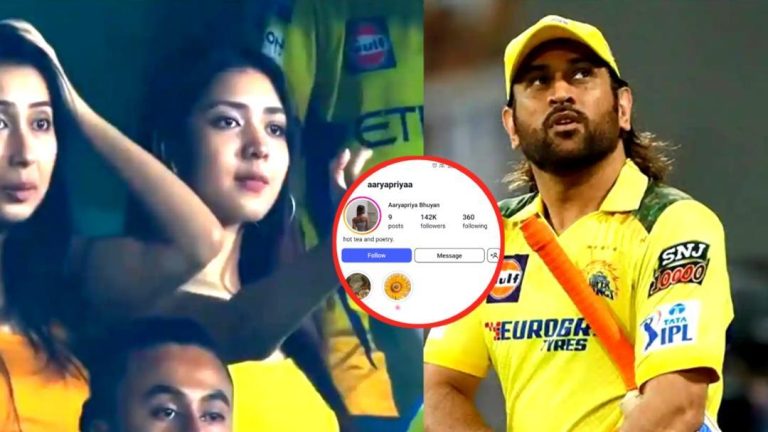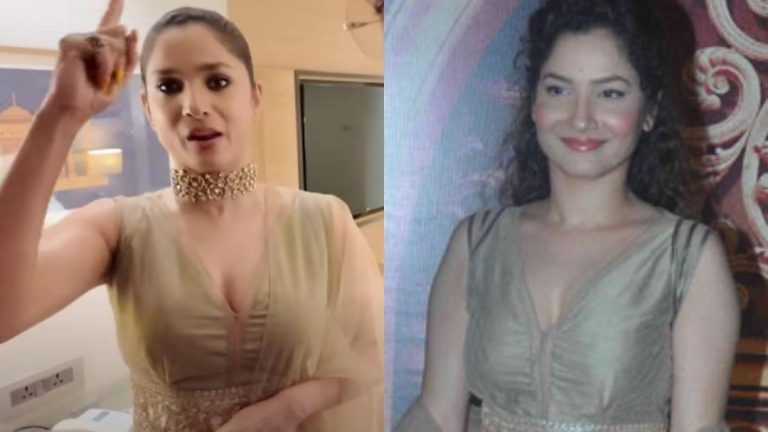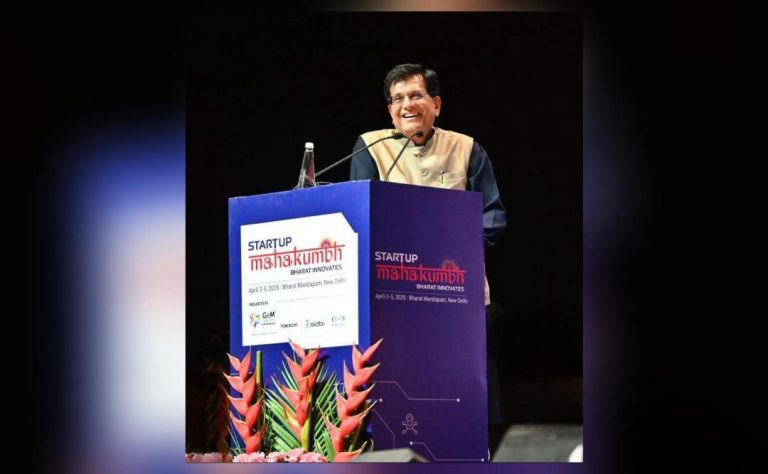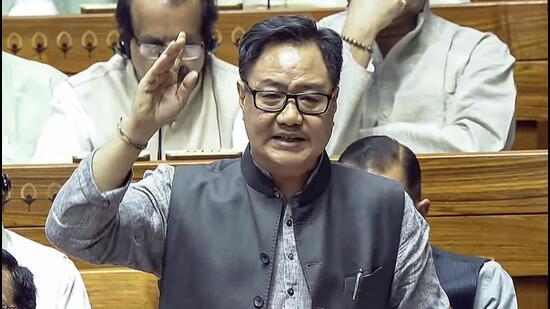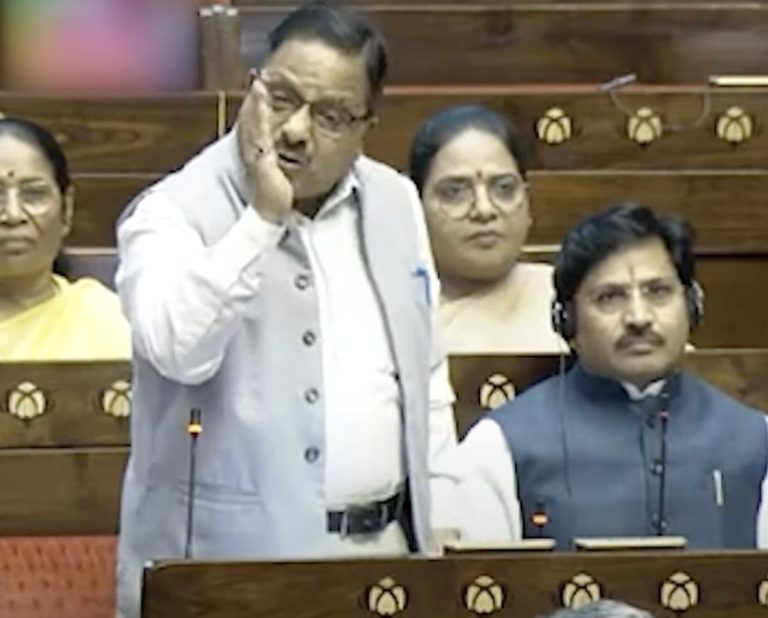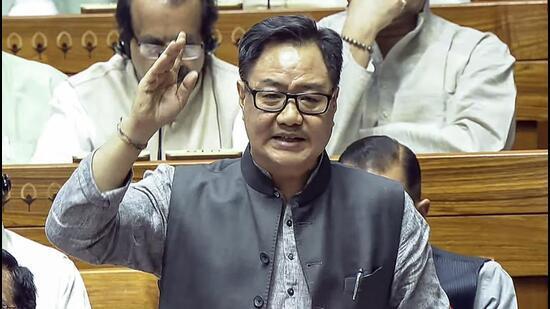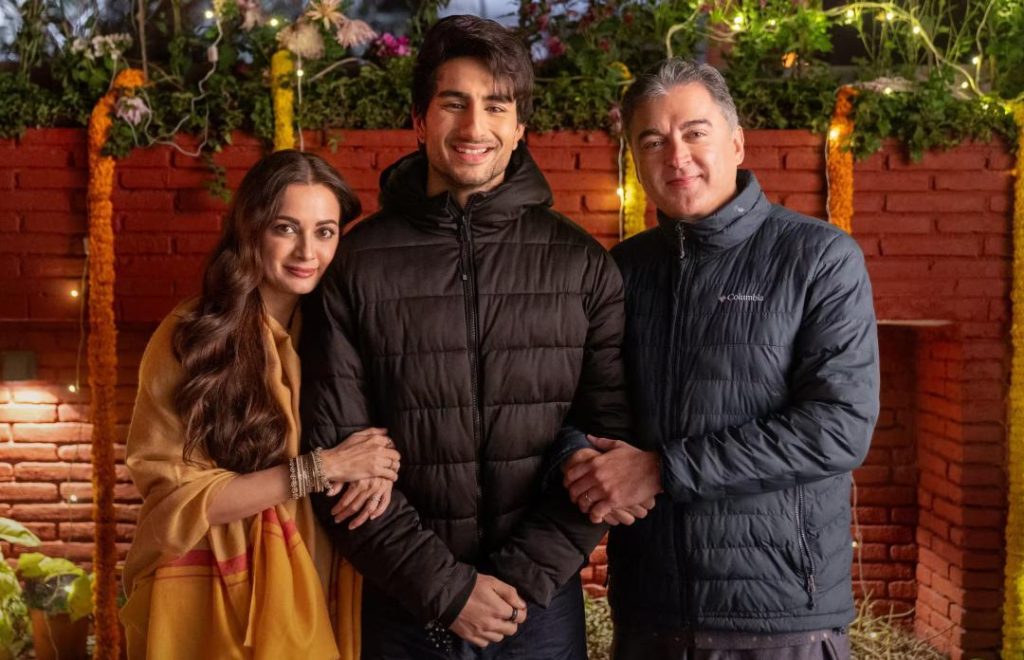
Title: Eat the Privileged’ Culture Going On: Dia on Nadaaniyan Backlash
In the world of entertainment, criticism is a part and parcel of the game. Actors, directors, and producers are all open to scrutiny and feedback from audiences, critics, and peers. However, of late, there seems to be a growing trend of harsh criticism and bullying in the industry, particularly towards newcomer Ibrahim Ali Khan and Khushi Kapoor, who recently debuted in the film Nadaaniyan. The duo has been facing backlash for their performances, with many taking to social media to express their discontent.
In the midst of this backlash, actress Dia Mirza, who played Ibrahim’s mother in Nadaaniyan, has come out in defense of the two young actors. In a recent interview, Dia expressed her disappointment and frustration with the harsh criticism they are facing. “Everyone is free to have an opinion, but it shouldn’t be expressed at the cost of somebody’s mental health,” she said.
What’s particularly disturbing about this backlash is not just the criticism itself, but the tone and language used by some of the critics. It’s not just a simple disapproval of their performances, but a vicious and personal attack on their characters and personalities. Many have taken to social media to mock and belittle them, using derogatory language and making personal attacks.
Dia’s comments highlight the growing problem of bullying and harassment in the entertainment industry. It’s not just limited to the actors themselves, but also extends to the entire team, including the crew, directors, and producers. The constant pressure and scrutiny can take a huge toll on their mental and emotional well-being.
So, what’s driving this culture of criticism and bullying? Dia Mirza attributes it to the “eat the privileged” culture, which is a phenomenon where people feel entitled to attack and belittle those who are successful or privileged, simply because they can. This toxic culture is not limited to the entertainment industry, but is a widespread problem that affects many areas of our society.
In today’s digital age, social media has become a breeding ground for this kind of bullying and harassment. With the anonymity of the internet, people feel emboldened to say things they would never dare to say in person. The lack of accountability and the instant gratification of likes and comments can make it a thrilling experience for some, but for others, it can be a nightmare.
The consequences of this kind of bullying can be severe. Many people have lost their jobs, their reputation, and even their mental health due to online harassment. The constant pressure and scrutiny can lead to anxiety, depression, and even suicidal thoughts.
So, what can be done to address this problem? Firstly, we need to recognize that bullying and harassment are serious issues that can have long-term consequences. We need to stop making light of it and start taking it seriously.
Secondly, we need to educate ourselves and others about the impact of our words and actions. We need to understand that our opinions and criticism can have a profound effect on others, and that we should always strive to be kind and compassionate.
Thirdly, we need to set an example by being responsible and respectful online. We need to report and block those who engage in bullying and harassment, and we need to support those who are victims of it.
Lastly, we need to promote a culture of kindness and empathy in our society. We need to recognize that everyone is struggling, and that we should always strive to lift each other up, rather than tearing each other down.
In conclusion, the backlash faced by Ibrahim Ali Khan and Khushi Kapoor is a symptom of a larger problem in our society. It’s a problem of bullying and harassment, and it’s a problem that affects us all. We need to recognize the impact of our words and actions, and we need to take responsibility for creating a culture of kindness and empathy.
As Dia Mirza so aptly put it, “Everyone is free to have an opinion, but it shouldn’t be expressed at the cost of somebody’s mental health.” Let’s strive to be kind, compassionate, and respectful, and let’s create a world where everyone can thrive without fear of bullying and harassment.
